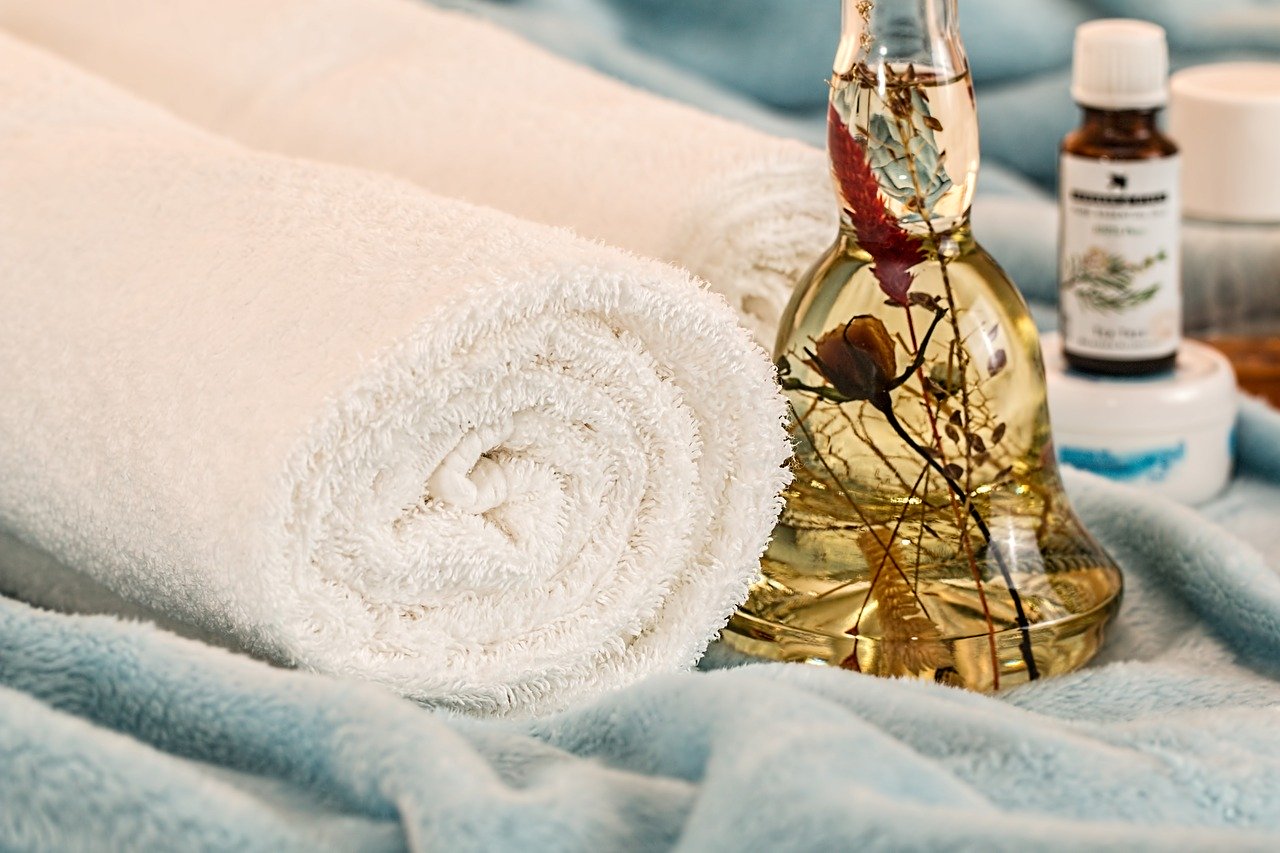Skin care has quickly risen in popularity over the years. As we are bombarded with endless products via social media, it’s hard to decide where to spend our money. Influencers seem to have an endless supply of cosmetics. Deciding between high-end and drug-store skincare or new brands and old favorites can provide a daunting choice.
Even going with a product that is hailed as a “holy grail” can prove to do no good for your skin. But it’s hard to go wrong when you base your decisions solely on the ingredients of the product. The seemingly incomprehensible ingredient list can be intimidating, and sometimes I still have trouble sifting through it. However, to start, here are a few standard ingredients to either avoid, include or simply recognize.
1. Alcohol and Fragrance
Likely the two most well-known ingredients to avoid, alcohol (or SD alcohol/denatured alcohol/isopropyl alcohol) and fragrance (or parfum/perfume/aroma) are probably the first things you want to look for when purchasing a product. While some overlook fragrance because it’s often near the end of the ingredient list, it’s not something to be putting on your skin.
Both of these ingredients will sensitize and dehydrate the skin, regardless of skin type. Fragrance has no benefits to the skin and is only included so products will give off a pleasant scent. It might seem like a nuisance to automatically reject any products with these ingredients, but it ultimately ensures you’re putting the best cosmetics on your skin and reduces the chance of irritation.
2. Essential Oils
Essential oils are fragrant plant extracts like tea tree oil, ylang-ylang oil and mint oils. Essential oils tend to get a pass simply because they seem to have benefits. Tea tree oil boasts of being anti-inflammatory and possessing the ability to treat acne, and there is some research to back that. Witch hazel is also a popular ingredient said to soothe skin.
However, while some aspects of essential oils sound like they will improve your skin, they can ultimately irritate skin, especially with long-term use. Essential oils often need to be diluted, and while a very small amount (0.1%) will likely not cause irritation, many companies pack their products with multiple essential oils. Additionally, even though the fragrance of essential oils is natural — it is still sensitizing.
Taking all of this into consideration, essential oils should be kept away from the skin to avoid damage and sensitization. Even if you’ve used essential oils before and didn’t notice any reaction, remember that skin won’t always display visible signs of damage or irritation — so it’s best to be on the side of caution when it comes to skin care.
3. Sodium Lauryl Sulfate
Sodium lauryl sulfate (SLS) is a thickener and cleansing agent. There are many studies on this ingredient and many bizarre myths about how it can affect your overall health, such as increasing both your chances of being infertile and the likelihood of cancer. Many of these myths have been debunked; however, it’s still not something you want in your skin care products. This is simply because SLS is another sensitizing and irritating ingredient.
4. Niacinamide
Niacinamide (or vitamin B3/nicotinic acid) is an ingredient that restores your skin. It has multiple benefits that improve the appearance and texture of skin. Niacinamide is one of the best ingredients to soothe skin, brighten skin, shrink pores and help with hyperpigmentation.
5. AHAs, BHAs and PHAs
These chemical exfoliants have many benefits for skin. However, deciding which one to use can depend on your skin type. They all help get rid of dead skin, help to smooth out skin and are known to assist with acne treatment. AHAs (alpha-hydroxy acids) are good for dry skin, as they work to aid your skin’s moisturization. BHAs (beta hydroxy acids like salicylic acid) are good for oily skin because of their ability to deeply cleanse pores. Finally, PHAs are best for sensitive skin and those with rosacea due to their gentle and slow-working nature.
6. Glycerin
Glycerin (or glycerol/glycerine) is one of the best and most common skin care ingredients. It can restore, hydrate and rebalance skin. While glycerin is also found in our own skin, it can be manufactured and aids in keeping it healthy.
7. Xanthan Gum
Xanthan gum is a very simple ingredient. It’s in many cleansers and moisturizers, used to thicken the product. While it doesn’t have many benefits to the skin, it’s still safe to use as it has no negative effects on the skin.
8. Retinol
Retinol (or vitamin A) softens skin texture and aids with uneven skin tone. Retinol comes in various forms, such as creams and serums. The kind of retinol product that is best suited for you will be based on the kind of skin you have. For instance, the thicker the product, the better for dry skin. Whereas the lightweight creams and serums are best for oily skin.
Those who are new to retinol should begin with a smaller concentration, such as 0.01%-0.03%. Contrary to popular belief, retinol is not an exfoliant. It simply aids with visible inconsistencies. If you experience flaking, it’s likely due to irritation. Many fear that retinol will irritate their skin. While all results will vary between individuals, the chance of irritation is small if used with the correct concentration and assuming the product doesn’t contain other irritating ingredients like fragrance.
Retinol should be used according to your skin’s reaction: If the skin is being aggravated the concentration should be lowered and perhaps used on a less frequent basis.
Another thing to look out for is the order the ingredients are listed, which will be ordered from highest to lowest concentration. If a mask is labeled as an “aloe vera mask” but aloe vera is the last thing on the ingredient list, it may not provide many of aloe vera’s benefits.
Ultimately, there isn’t one sole ingredient that holds the answer to skin care problems. However, understanding the way different skin care ingredients work can aid in picking the right products and avoiding unnecessary skin irritation.
Knowing the basics of which skin care ingredients to pay attention to will help assist in keeping your skin healthy. Of course, with any severe skin concerns, it’s best to direct your worries to a dermatologist instead of self-diagnosis.

















